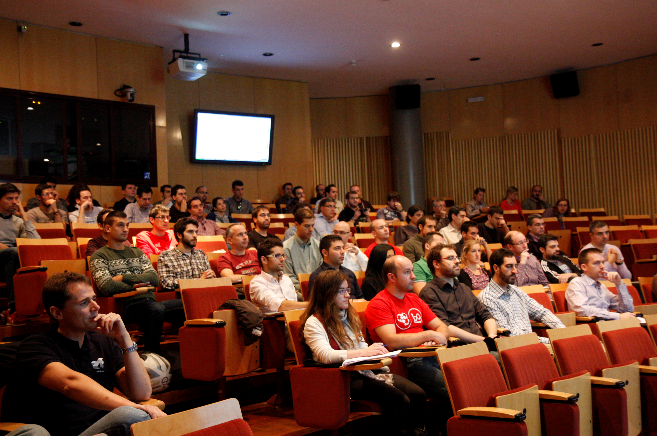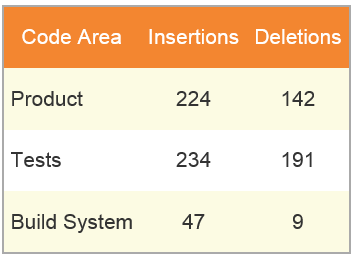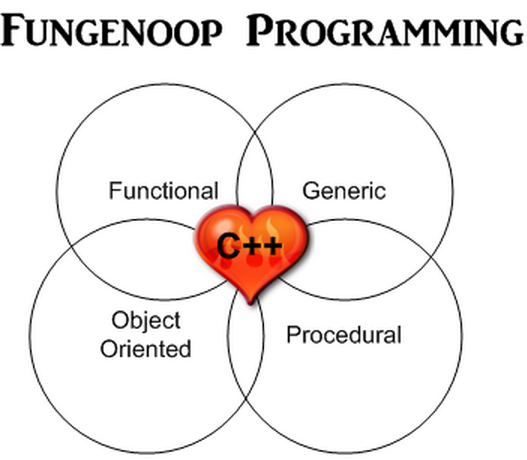Visual Studio 2015 Preview announced, includes Clang/LLVM support for Android, iOS
This morning, Microsoft announced Visual Studio 2015 Preview. It contains continued C++11/14 conformance improvements in the traditional Visual C++ compiler, and also adds direct support for the Clang/LLVM compiler toolchain to build C++ code for Android now and iOS in the near future.
Cross-Platform Mobile Development with Visual C++
by Ankit Asthana
From the announcement:
Modern application customers are demanding applications be available for multiple device platforms (such as Windows, Android and iOS).... C++ is unique as it provides the ability to write efficient, fast and feature rich cross-platform mobile code once which can then be shared across these different device platforms.
Visual Studio 2015 Preview introduces support for developers to be able to build cross-platform mobile native (C/C++) binaries targeting Windows platforms (through the Visual C++ toolchain C1xx/C2) and the Android platform (through Clang/llvm)...

 Today on CoderGears:
Today on CoderGears: Available today on
Available today on  This just in from our Spanish correspondent:
This just in from our Spanish correspondent: Fresh on the F5 dev blog:
Fresh on the F5 dev blog: In case you missed it, here's a nice little Friday nugget:
In case you missed it, here's a nice little Friday nugget: